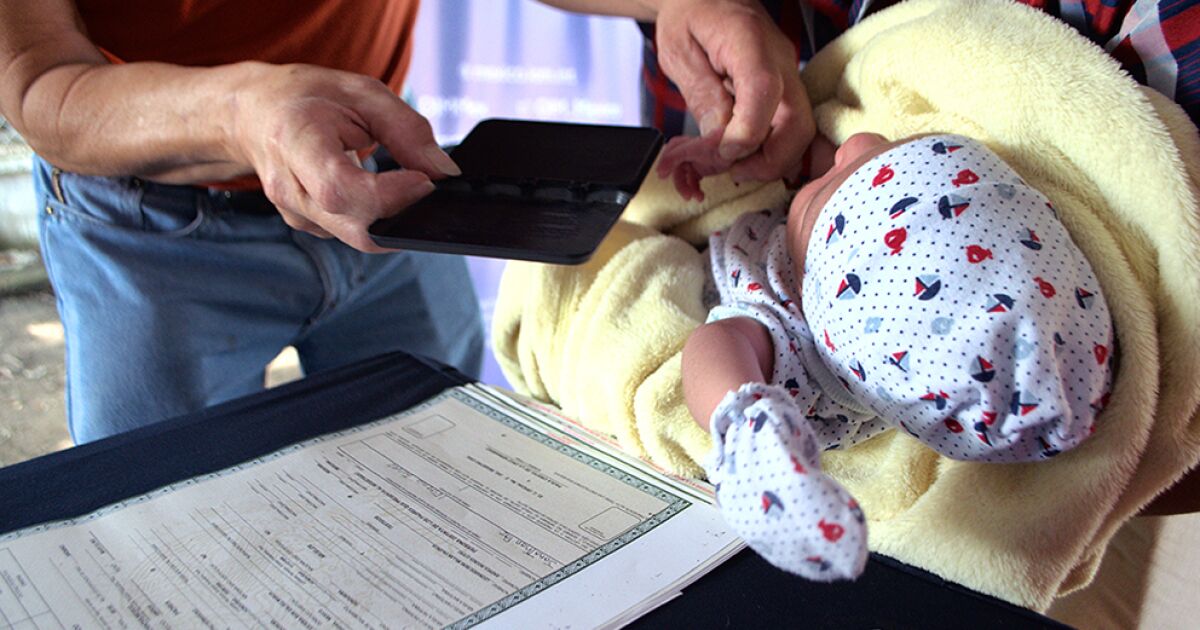Vulnering more to the defenseless
“We have one of the most serious cases, regarding a Honduran migrant,” says Ayesha Borja, head of the IFDP Legal Advice Unit. She was a victim of trafficking and in 2019 she gave birth to a girl, in Chiapas. When she went to the hospital to pick up her birth certificate to process her certificate, the Mexican authorities detained her and deported her, despite the fact that she declared that she was the mother of a Mexican baby. Months later she managed to return to Mexico and discovered that a criminal had registered the girl as if she were her own daughter.
The mother denounced “for retention of minors and trafficking. The girl was taken from the trafficker, but the minor was taken to the DIF”, shares Borja. A year later, the IFDP managed to become the legal representative of the baby, but the legal process was extended for two more years and, just last November, she met with her mother.
Upon entering the country, all pregnant migrants can access medical care and immigration advice, says the National Institute of Migration. However, the figures it provides are much lower than the data from the Ministry of Health: from 2017 to 2022, the INM registered the admission of 329 pregnant women. In contrast, in one year and only in Chiapas, the Ministry of Health reported more than 2,000 births to migrant mothers from 2020 to 2021.
The vulnerability faced by many pregnant migrant women is evident in the case of Isabel, who she fled from her partner in 2018. She traveled from Honduras to Mexico with a seven-month pregnancy.
He survived on the food they gave him. Even so, he was able to reach Mexico City. She narrates that the day her daughter was born, a guard and a nurse told her that she had better “give a light on the street” because she was a foreigner. In the end, she was admitted due to the urgency of the delivery. When she woke up she realized that they had operated on her so that she would not get pregnant again, without her consent. The justification they gave her is that she “was too young and poor” to continue having children.
When Isabel tried to obtain her baby’s certificate, civil registry officials recommended that she go to Honduras to register it. “You’re not from here, and we’re not going to register your daughter,” she says they told her at the Civil Registry offices. In the end, she was able to obtain the document, thanks to the intervention of IMUMI.
(Photo: courtesy IOM)
Latin American migration to Mexico is becoming more intense. In 2021, asylum applications were 220% more than in 2020, exceeding 131 thousand, according to the UNHCR. This has become a problem for the civil registry offices, because they suffer from the federal government’s austerity policy, reveals Yolice Quero, from the IOM. In Chiapas, they have even had to donate toners, tickets and stationery.
On the other side of the country, Fernando Becerra, head of the UNICEF office in Baja California, has documented that, in addition to the budget problem, the birth certificates omit the nationalities of the parents.








